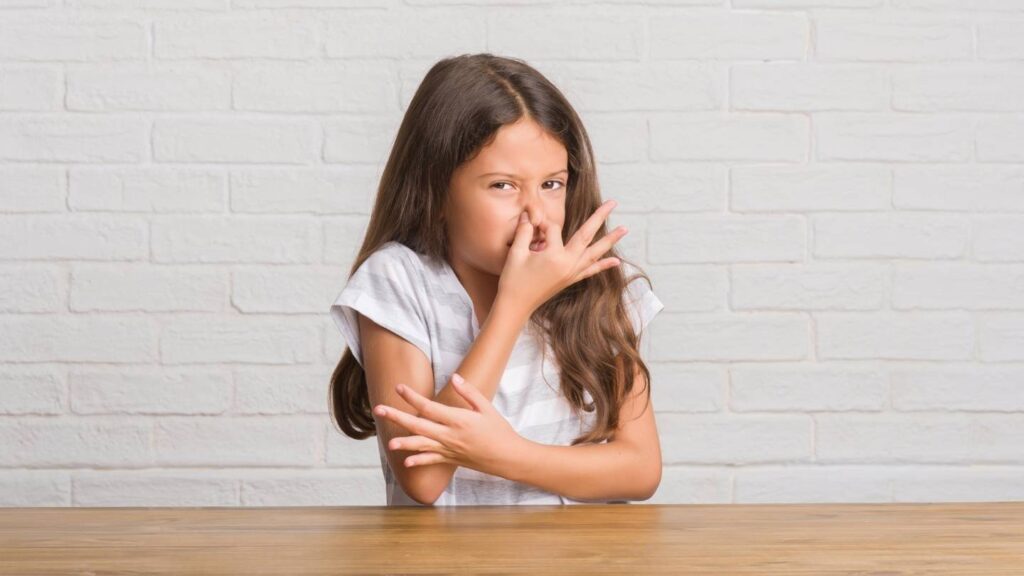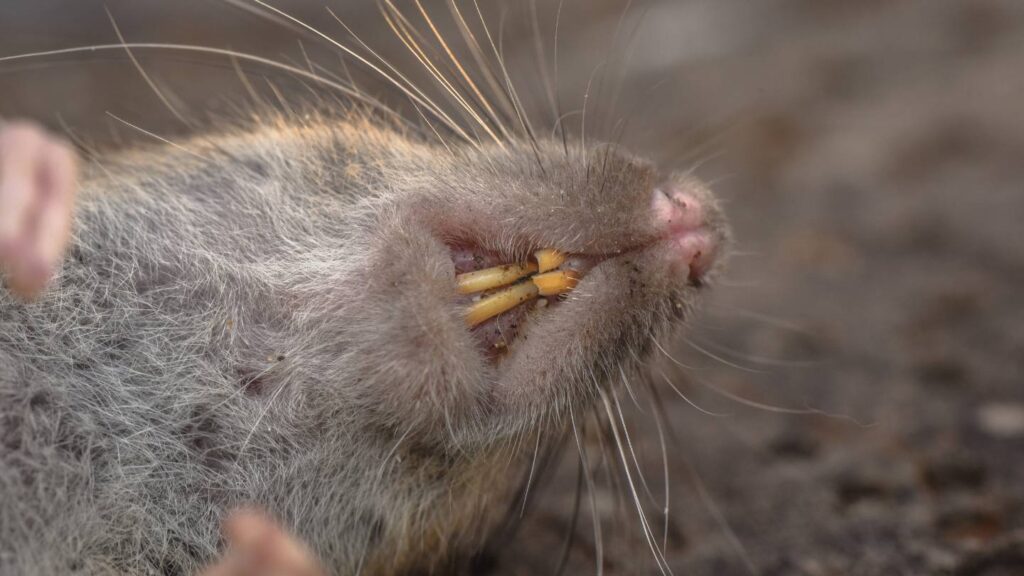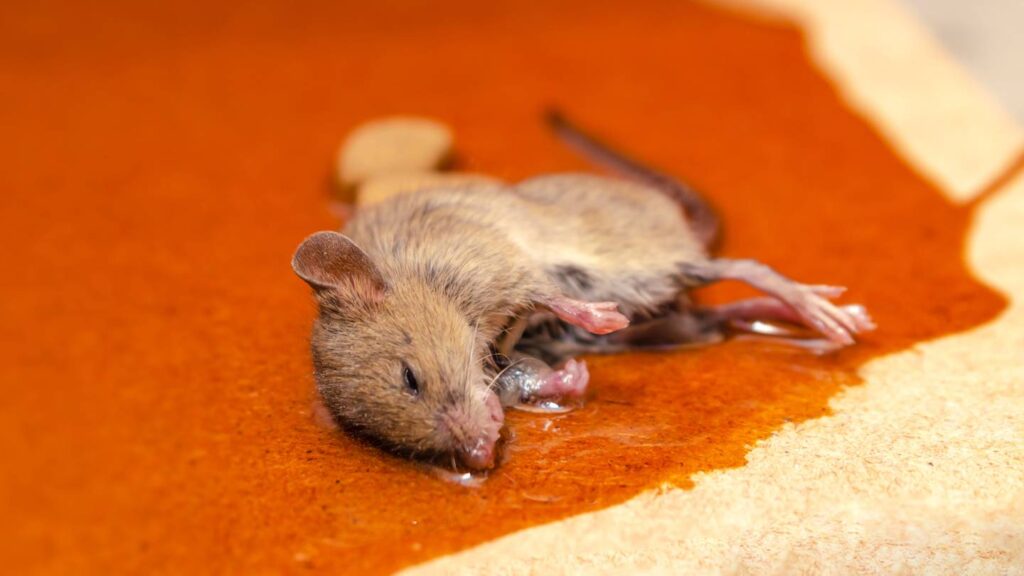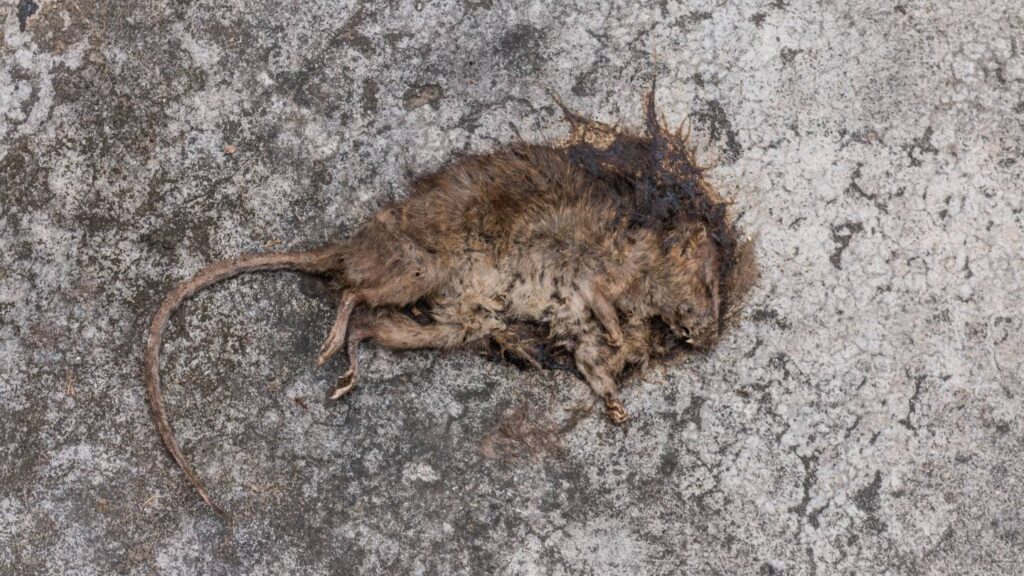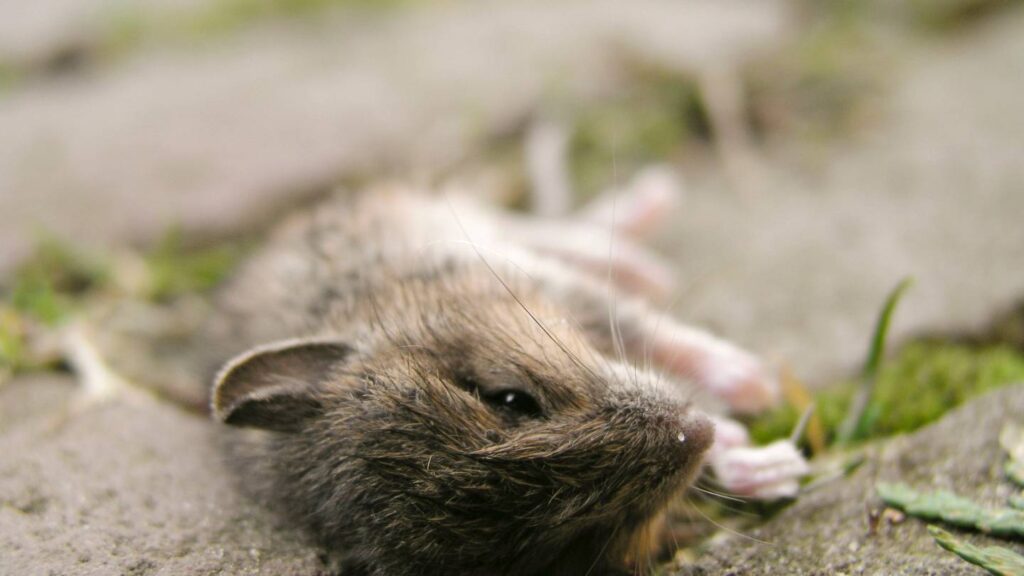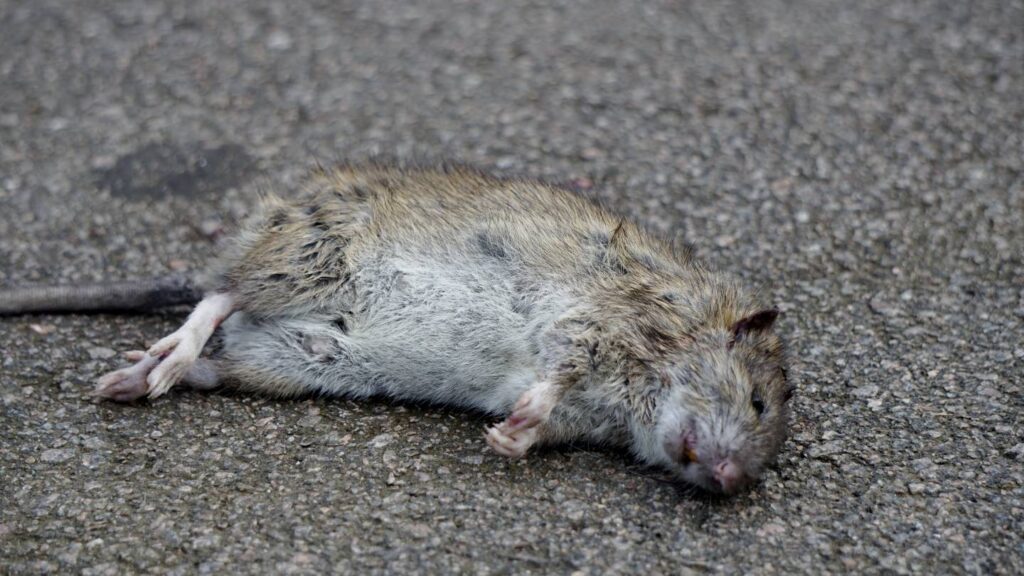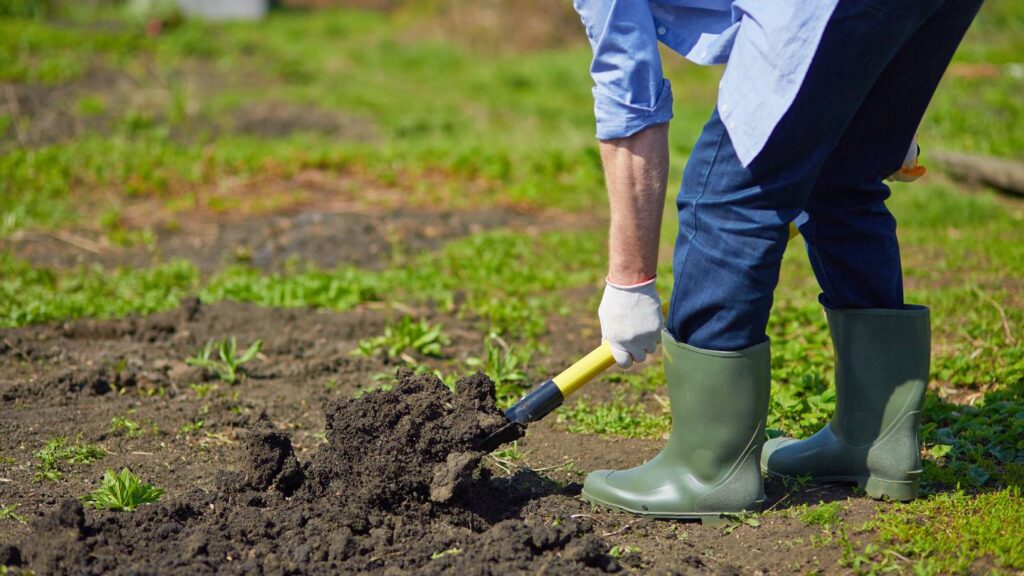Upon entering your home, you are greeted by a revolting odour. The following several days are spent checking the typical places people often look, such as the garbage, the kitchen disposal, the laundry baskets, and even the dogs.
Unfortunately, none of those things are what's causing the smell, and no amount of cleaning has helped. If this happens to you, it could be because of a dead animal in your yard or even in your home.
This odour, like others, has the potential to get embedded in your home's structure and furnishings. It could be rather tough to get rid of! But if you want to know how to get rid of the stench of dead animals permanently, there are a few tricks you can use.
Methods For Eliminating The Odour Of Dead Animals From Your House
First Things First: How Does The Smell Of A Dead Animal Permeate A Home?
The scent of a dead animal in the house is typically characterised by a musty, rotten, or rotting flesh aroma. However, it can vary. As the lifeless body remains in your home for an extended period, the overpowering stench will become more apparent. You might be unable to tell it apart from other odours for the first few days. Over time, though, it will become abundantly evident that this odour is anything but ordinary.

Get An Expert To Remove The Carcasses Before Deodorising.
You should hire a specialist to locate and remove the carcass as soon as you know its presence in or around your house. It could be difficult to find the cause of an unpleasant odour at first, but doing so can help you eliminate it more quickly.
Enquire about a pest inspection while the pest control service visits your house to remove the carcass. There may be solitary creatures, such as racoons or stray cats, but you're likelier to see groups of smaller animals, like mice or rats. To stop this from happening again, eliminate any animals in the house, whether alive or dead.
On extremely rare occasions, the odour of a dead deer or other large animal could be emanating from outside your home. It is best to have a pest control service inspect your house initially. After that, it might direct you towards the animal causing the odour and suggest measures to eliminate pests from your home.
Get To The Root Of The Problem By Cleaning And Sanitising The Area
There are two things you may do to make your house smell better now that the animal has left. Those are the humidity and cleanliness levels in your house. First, we will discuss cleanliness.
When cleaning up after a dead animal, it's best to begin where the odour first appeared. Several pest control businesses offer a simple cleaning and disinfection service. Only proceed once you have finished this critical step.
If you smell bad or see vermin, use a professional cleaner to sanitise the area. Many diseases can be carried by animals even when they are alive. Do not put your family's or your health in danger by attempting to clean the area alone. Before you attempt to eliminate odours, ensure it has been adequately sterilised.
Give the remainder of the house a thorough cleaning after you've completed that crucial step. As a result, any lingering odours will be dissipated more rapidly. When cleaning the house, vinegar is an excellent, inexpensive, and safe choice that removes unpleasant smells.
Choose Between Ground Coffee And Coffee Filters.
If your residence has a coffee machine, you can place the coffee filter pack or ground coffee there. With this, you won't have to worry about the unpleasant stench of the dead animal lingering around.
Baking Soda Works Wonders.
When you need to eliminate an unpleasant odour from your home caused by a dead animal whose whereabouts are unknown, a suitable deodorant to use is baking soda. You can spray the afflicted region with a mixture of baking soda and water. You will witness its miraculous effects if you do this two or three times daily.
Utilise Briquettes Made Of Charcoal.
Another tried-and-true method for removing the smell of a dead animal in the house is to make a charcoal briquette. You won't believe how quickly you can eliminate any lingering smell in your home by purchasing a large quantity of charcoal briquettes and strategically placing them throughout the house.
Staying Dry Is Key To Keeping Your Home Clean: Why Moisture Is Not Your Friend
When trapped in damp and humid environments, odours can be more difficult to eliminate. Humidity is inevitable for those who reside in humid regions. Significant moisture in the vicinity of the deceased animal can pose problems regardless of the ventilation in your home. Because of this, the process of odour elimination may take more time.
If there is too much moisture in your home or a certain room, a dehumidifier can help. Mould growth, another source of unpleasant smells, can also be averted in this way. Keep any crawlspaces or basements you may have dry and with good ventilation.
For better air circulation, open windows (when weather permits), turn on ceiling fans, and rent or buy box fans. If you want to get rid of unpleasant odours faster and find out where they're hiding, you should ensure that air is moving through your home faster than usual.
The Most Common Reasons Why Animals Die In The Home
While it's true that animals might die in the wild, poisoning is the most common method of controlling pests. Pests like rats and mice will get sick from eating the poison and seek a quiet place to die. A lot of the time, that spot is hidden away in places like basements, attics, chimneys, and walls. Compounding the dilemma, other bugs are drawn to these decaying remains.
Stopping The Odour Of Dead Animals
Avoiding this health risk is the most straightforward course of action:
- You can prevent many bugs from entering your house by sealing any possible entry points with caulk.
- Make sure there are no food items lying around.
- Do not use chemicals to get rid of pests. Nontoxic pest control solutions abound, and you won't even have to deal with the unpleasant odour of dead animals.
- Get used to hearing squeaks, pattering feet at night, and gnawed cords and droppings as indicators of pest invasion.
The Risks Associated With Having Dead Animals Around The House
Having a dead animal around the house is disgusting, but did you realise there are more reasons to be worried? Get a pro to get the deceased animal if you think it may be hiding somewhere in your house.
Water Contamination
You run the risk of having your water supply contaminated as the corpse decomposes. The likelihood that part of the body's decomposing fluids may seep into your pipes and pollute your water system increases the longer the carcass remains there. The water in your system could make someone sick if they drink it.
Insects
Insects like flies are drawn to animal carcasses as they decay. You or a loved one could get sick from these bugs since they carry diseases. Additionally, they can be a pain to deal with while you're cooking. In addition, bats and spiders will be drawn to these insects. Get in touch with experts who can find and remove the body if you want to avoid this.
Scavengers
The stench of an animal's decomposition can entice other predators in search of food. Your children and pets could be at risk from these animals. In times of hunger, these scavengers may launch an attack. Get rid of the carcass as quickly as possible to lessen the danger.
Odour
It is what it is. The scent is one of the most unpleasant aspects of having a dead animal around the house. There may be health issues and feelings of being overwhelmed. The odour of a dead animal might cause nausea and migraines in some people.
Advice On How To Remove A Dead Animal Safely
It is critical to take all necessary precautions while dealing with a deceased animal in your house. It would help if you didn't put your health or the health of the people you care about in danger by interacting with animals that may be diseased. Follow these guidelines to remove dead animals from your house properly.
Diy Steps
Having the proper equipment and knowledge is essential when dealing with a deceased animal in your house. That is why experts should handle it. But if you're up for the challenge of handling the dead animal yourself, these are the things you can do.
Locate
Following the scent will lead you to the location of the dead animal in your home. Think of where these animals typically hide, like
- Rooms within the house
- Look at these places beneath your house first.
Prep
Gather all of the necessary equipment to evacuate the body once you have identified its location safely. It is recommended that you bring the following items:
- Wearing gloves, a mask (if desired), and a body bag
- An antibacterial hand sanitiser
- Site cleaning supplies
Removal
The next step is to open the webpage while wearing your protective gear. It may be necessary to cut the drywall to access the body. Gather the carcass as soon as you find it, place it in the bag, and secure the lid. Toss them in the trash if they're little, like rats and mice. Burying the animal or contacting the local government to arrange a disposal location may be necessary for a larger animal.
Cleanup
Once the corpse is out of there, you need to clean up the area where it was decaying. Mix hot, soapy water with a disinfectant to eliminate the odour and any trace of the deceased. Clean up after yourself after you've cleaned up the location. Please remove all of your safety gear and dispose of it in the garbage.
Use hand sanitiser to clean your hands. After removing and disposing of the body, get in the shower or bath immediately. The parasites in the dead animal would try to find a new host in you if they were there. An infestation can be avoided by washing properly.
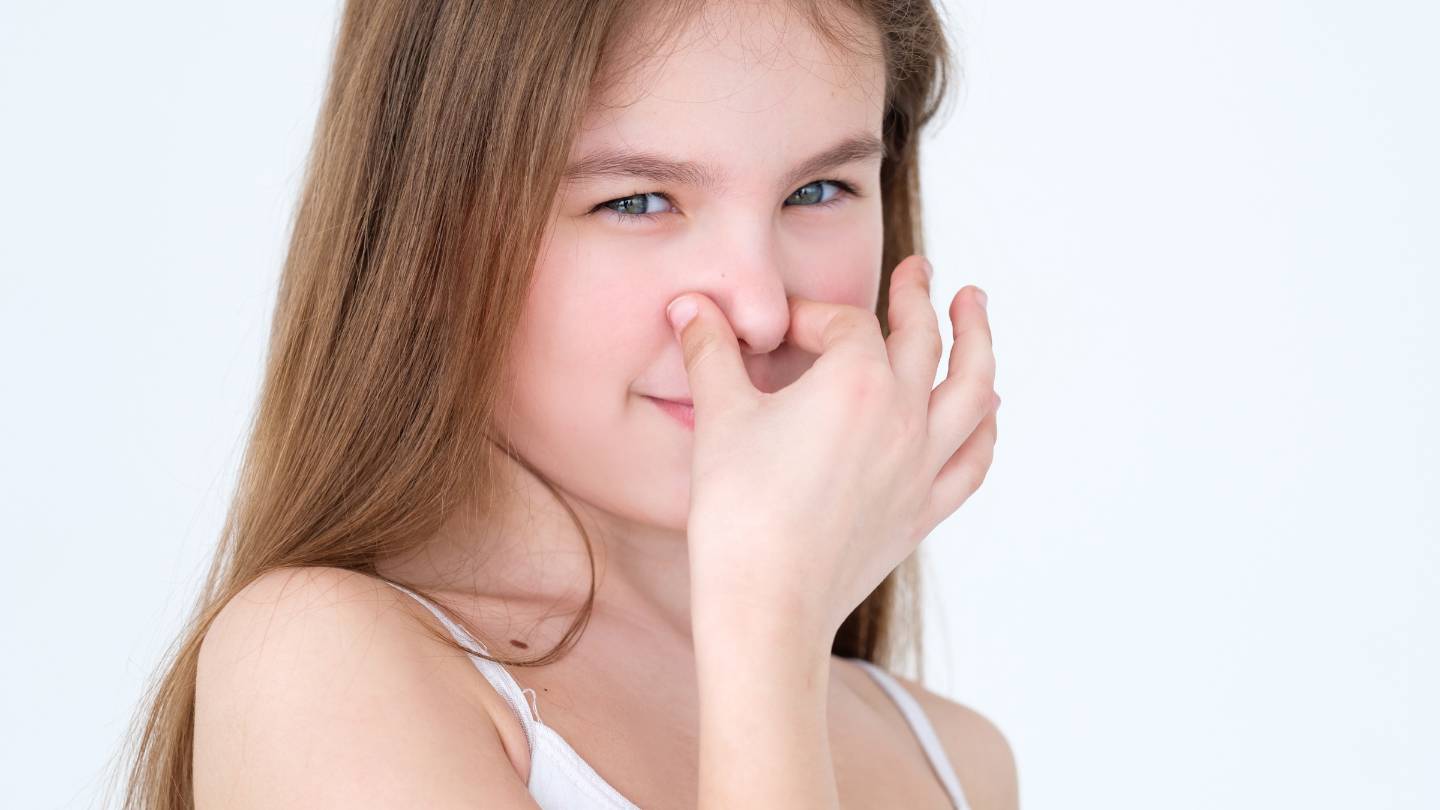
Call Professionals
If you need a dead animal removed quickly and efficiently, give the pros a call. Our crews are well-versed in the safe removal of any pest from your house or yard. A thorough check will be conducted to ensure that your home is free of any concealed animals that may be rotting.
After that, we will lay out our strategy to find the animal, get it out of there, and clean up the area so you can feel safe and comfortable. In the future, you can also discuss ways to keep animals out of your home with us. Therefore, dead animal removal will no longer be an issue for you.
Conclusion
Remember that keeping things clean is important for keeping smells away and making sure that the place where you live is nice.
Most animal deaths in homes are caused by poisoning. Pests like rats and mice look for quiet places to die. To keep bugs out of your home, caulk any openings that they could use, remove any food that might be lying around, and don't use chemicals. Be ready to hear squeaks, the sound of feet moving at night, gnawed cords, and droppings as signs of pests.
Having dead animals around the house can cause water to become contaminated, attract bugs and scavengers, and give off bad smells. When dealing with a dead animal, it is important to take the right measures, like finding the body, getting ready to remove it, and cleaning up the area.
If you want to take care of the dead animal yourself, here are the steps you should take: find the animal, get ready to remove it, clean up the area, and call pros if you need to. Put on safety gear, collect the body, and throw it away properly. Mix hot, soapy water with detergent and wash your hands to clean up after yourself.
Call professionals if you need to get rid of a dead animal quickly and easily. They know how to get rid of pests safely from your home or yard. A thorough check will be done to make sure that your home doesn't have any hidden animals that might be dying. Then, they will tell you how they plan to find, remove, and clean up the area so you can feel safe and at ease. Talking to professionals about how to keep animals out of your home can help you avoid having to deal with dead animal clean up problems in the future.
Content Summary
- Upon entering your home, a revolting odour welcomes you.
- Days are spent checking common places like garbage, kitchen disposal, and laundry baskets.
- The smell persists despite cleaning efforts, suggesting a potential dead animal in or around the home.
- Dead animal odours can become embedded in the structure and furnishings of a house.
- Tricks exist to permanently eliminate the stench of dead animals.
- The scent is characterised by a musty, rotten, or rotting flesh aroma.
- Hiring a specialist to locate and remove the carcass is recommended for a quicker resolution.
- Pest control services can inspect for solitary or group-dwelling animals, preventing future issues.
- Odours from large animals outside may require pest control inspection and measures.
- Cleaning and sanitising the affected area are crucial steps in eliminating the odour.
- Professional cleaners should be used to sterilise areas where dead animals were present.
- Vinegar is an effective and safe choice for cleaning, removing unpleasant smells.
- Ground coffee or coffee filters in a machine help mask the smell of a dead animal.
- Baking soda, when mixed with water, works wonders in eliminating odours.
- Charcoal briquettes strategically placed throughout the house can remove lingering smells.
- Moisture can make odour elimination more challenging; dehumidifiers are recommended.
- Adequate ventilation and dry conditions in crawlspaces and basements prevent odour issues.
- Open windows, ceiling fans, and box fans aid in faster air circulation for odour elimination.
- Poisoning is a common method of controlling pests, leading to animals seeking hidden places to die.
- Sealing entry points, eliminating food sources, and using non-toxic pest control prevent pest invasion.
- Recognising signs like squeaks, pattering feet, and gnawed cords helps detect pest invasions.
- Dead animals pose risks beyond disgust, including water contamination, insects, and scavengers.
- Decomposing fluids from dead animals can contaminate water supplies, posing health risks.
- Insects attracted to carcasses carry diseases, posing health risks to humans and pets.
- Bats and spiders may be drawn to insects around dead animals, creating additional problems.
- Scavengers attracted to decomposing animals pose a threat to children and pets.
- The unpleasant odour of dead animals can cause nausea and migraines in some individuals.
- Proper precautions are crucial when removing dead animals to avoid health risks.
- Professionals are recommended for handling deceased animals, but DIY steps are outlined.
- Locating the dead animal is the first step, following the scent to common hiding places.
- Necessary equipment for safe removal includes gloves, a mask, a body bag, and sanitising supplies.
- Opening the affected area, gathering the carcass, and securing it for disposal are essential steps.
- Cleanup involves using hot, soapy water and disinfectant to eliminate odour and traces of the deceased.
- Disposing of safety gear properly and personal hygiene measures are critical after cleanup.
- Calling professionals for dead animal removal ensures a thorough and safe process.
- Professionals conduct a check to ensure the home is free of concealed animals and lay out a removal strategy.
- Discussing ways to prevent future animal intrusions is part of the professional service.
- Dead animal removal becomes a non-issue with the help of professionals.
- Ground coffee or coffee filters placed in a coffee machine effectively mask odours.
- Baking soda mixed with water, when applied daily, proves effective in eliminating odours.
- Strategically placing charcoal briquettes throughout the house quickly removes lingering smells.
- Dehumidifiers are recommended to combat odour challenges in damp environments.
- Proper ventilation and dry conditions in crawlspaces and basements prevent odour problems.
- Open windows, ceiling fans, and box fans expedite air circulation for faster odour elimination.
- Sealing entry points, removing food sources, and using non-toxic pest control prevent pest invasions.
- Recognising signs like squeaks, pattering feet, and gnawed cords helps detect pest invasions.
- Water contamination and health risks are associated with having dead animals around the house.
- Decomposing fluids from dead animals can contaminate water supplies, posing health risks.
- Insects attracted to carcasses carry diseases, posing health risks to humans and pets.
- Professionals ensure a thorough and safe dead animal removal process, eliminating future issues.
Frequently Asked Questions
In severe cases, or if the smell persists despite attempts, professional cleaning services with specialised equipment may be necessary.
Yes, porous materials can absorb odours. Steam cleaning carpets and upholstery or using specialised cleaners can help remove the smell.
Hydroxy and baking soda can be sprayed or applied to affected surfaces to neutralise odours.
Changing filters or using air purifiers equipped with activated carbon or HEPA filters can help remove lingering odours.
Proper cleaning and ventilation should gradually lessen the smell over several days. However, it may take longer for stubborn odours to disappear completely.

